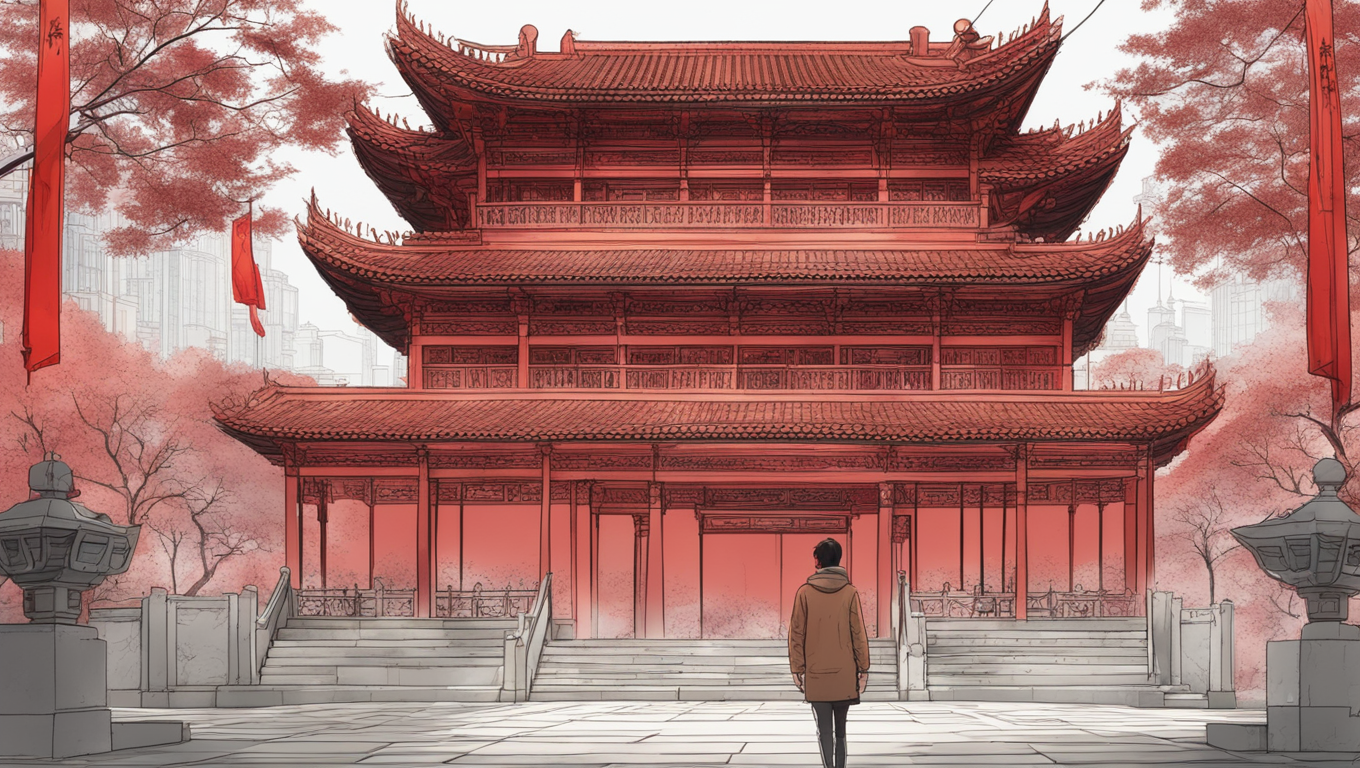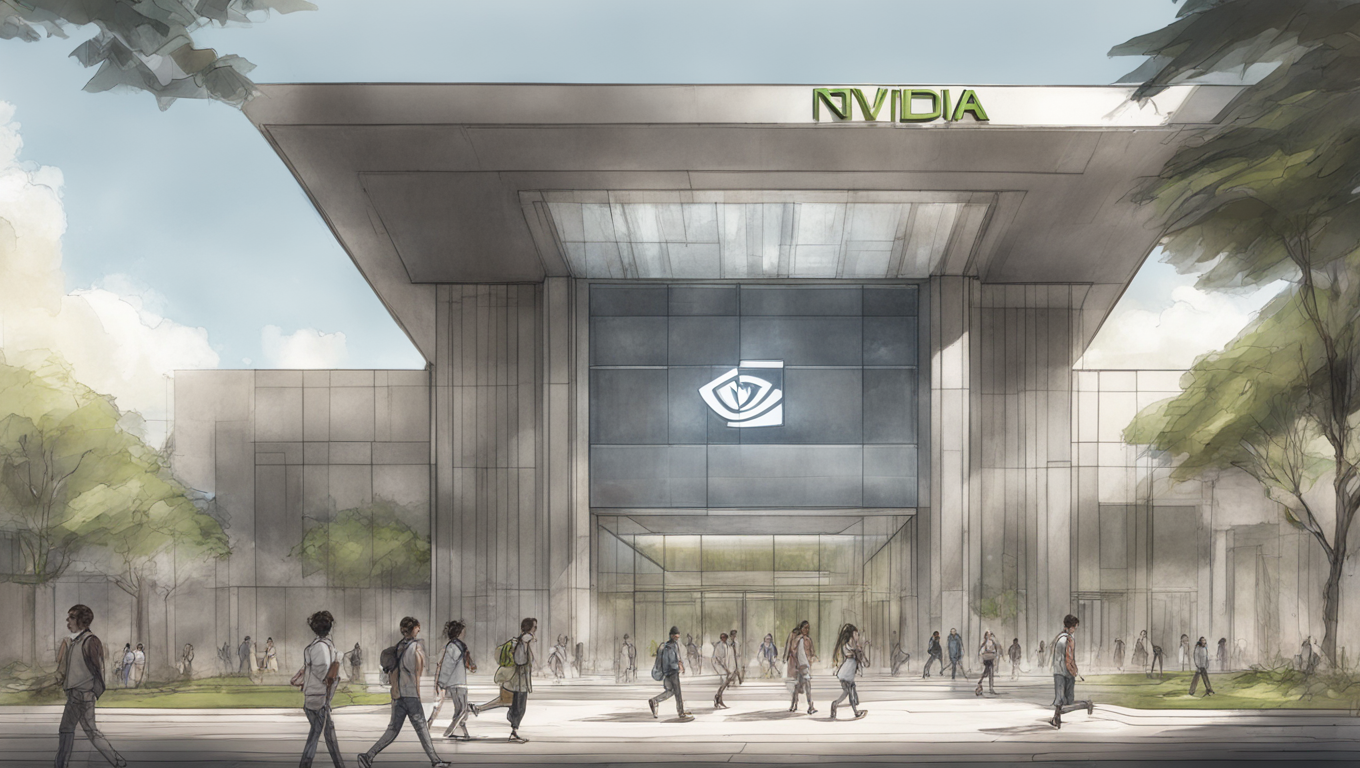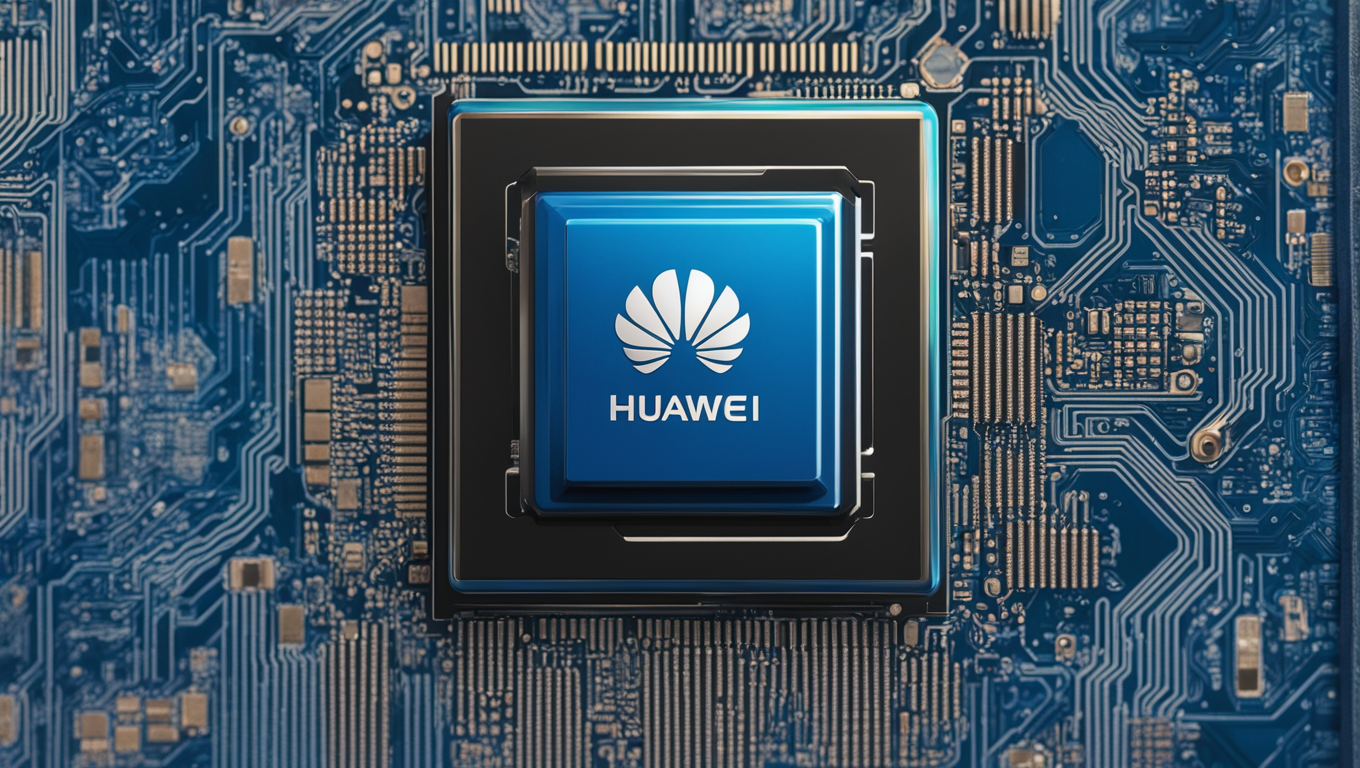US-sanctioned Huawei Technologies has managed to establish itself as a leading supplier of artificial intelligence (AI) chips in China, outpacing the dominance of Nvidia. The shift in the market occurred after the US implemented export restrictions on Nvidia’s advanced processors, prompting the widespread use of Huawei’s self-developed 910B Ascend chips in various industries across China. These chips are incorporated into “AI boxes,” which are machines that combine AI chips, industry-specific algorithms, and pre-trained large AI models. The popularity of Huawei’s chips in these Chinese-made machines has disrupted Nvidia’s dominance in the market.
Nvidia had previously designed lower-grade chips tailored for China-based clients after the US escalated its export restrictions in October 2023. However, the onslaught of Huawei’s Ascend chips has proven to be a formidable challenge for Nvidia in its third-largest market. CEO Jensen Huang acknowledged this competition in China, stating, “We face a lot more competition in China now.” It is important to note that Huawei has not disclosed its sales figures for its AI chips. Nevertheless, the company’s Ascend ecosystem already boasts an impressive network of partners and solutions, including 40 hardware partners, 1,600 software partners, and 2,900 AI application solutions.
Huawei’s technological prowess and the appeal of its AI box as a ready-to-use solution have positioned the company at the forefront of China’s localization drive for AI. The AI box allows entities, including small companies and the government, to minimize costs and focus on fine-tuning large model-based services instead of developing models from scratch. Chinese companies from various industries, such as telecommunications, finance, and healthcare, are taking advantage of Huawei chips to meet the growing demand for AI computing.
The impact of Huawei’s expanding AI chip business was anticipated by analysts, who predicted that AI boxes would become a must-have for businesses in China. According to Cao Pei, an analyst at Chinese brokerage Pacific Securities, the market for AI boxes is set to be dominated by local players led by Huawei. The company’s efforts to strengthen its position in the market were evident when it teamed up with local AI start-ups to unveil a large-language-model training solution tailored for Chinese clients. This partnership further accelerated the adoption of AI boxes in China.
While Nvidia’s processors accounted for 90% of the 500,000 AI chips sold in China in the first half of the previous year, Huawei’s market share was only 6%. However, the tide has now turned, with at least a dozen Chinese companies launching AI boxes that primarily utilize Huawei chips. Recent reports suggest that Nvidia’s best chips for the Chinese market, the H20 series, are now being sold at a discount compared to Huawei’s chips. Nonetheless, the pace of Huawei’s rise in China’s AI chip market will depend on the company’s ability to ramp up production.
Brady Wang, associate director at research firm Counterpoint, explains that while Huawei is also venturing into producing more mobile chips to support its return to the Chinese smartphone market, the production of high-performance AI accelerators and server processors presents a greater challenge than manufacturing system-on-a-chip products for handsets. Wang predicts that Huawei will prioritize the development of AI chips in order to secure a leading market position against Nvidia in China.
In conclusion, Huawei’s ascendancy as a leading supplier of AI chips in China, surpassing Nvidia’s dominance, showcases the company’s technological abilities and the increasing demand for AI computing in the country. Through its self-developed Ascend chips and collaboration with various partners, Huawei has positioned itself at the forefront of China’s localization drive for AI. As the market continues to evolve, it will be intriguing to watch how both companies adapt and innovate to stay competitive in the rapidly growing AI chip industry.





Use the share button below if you liked it.